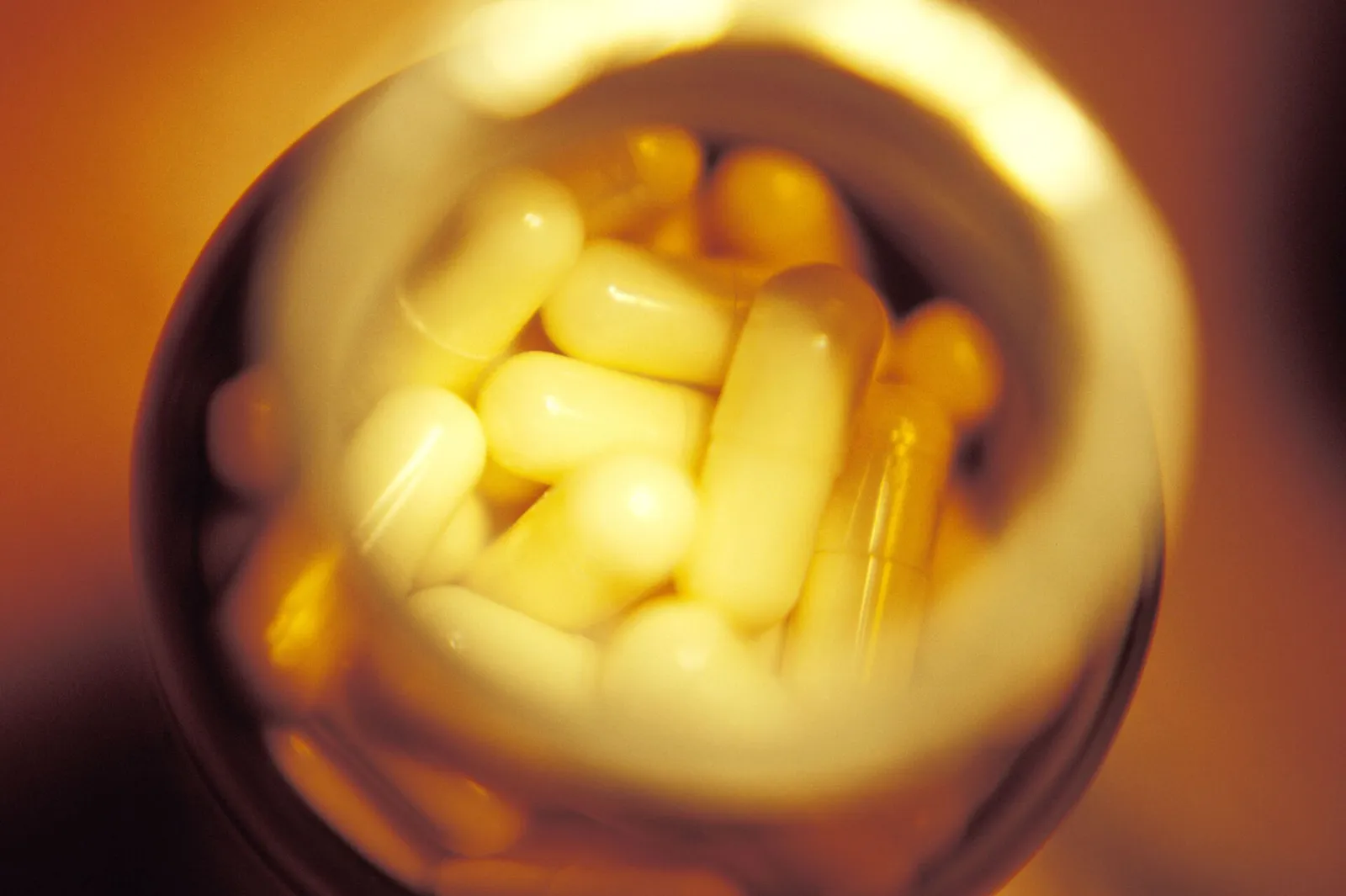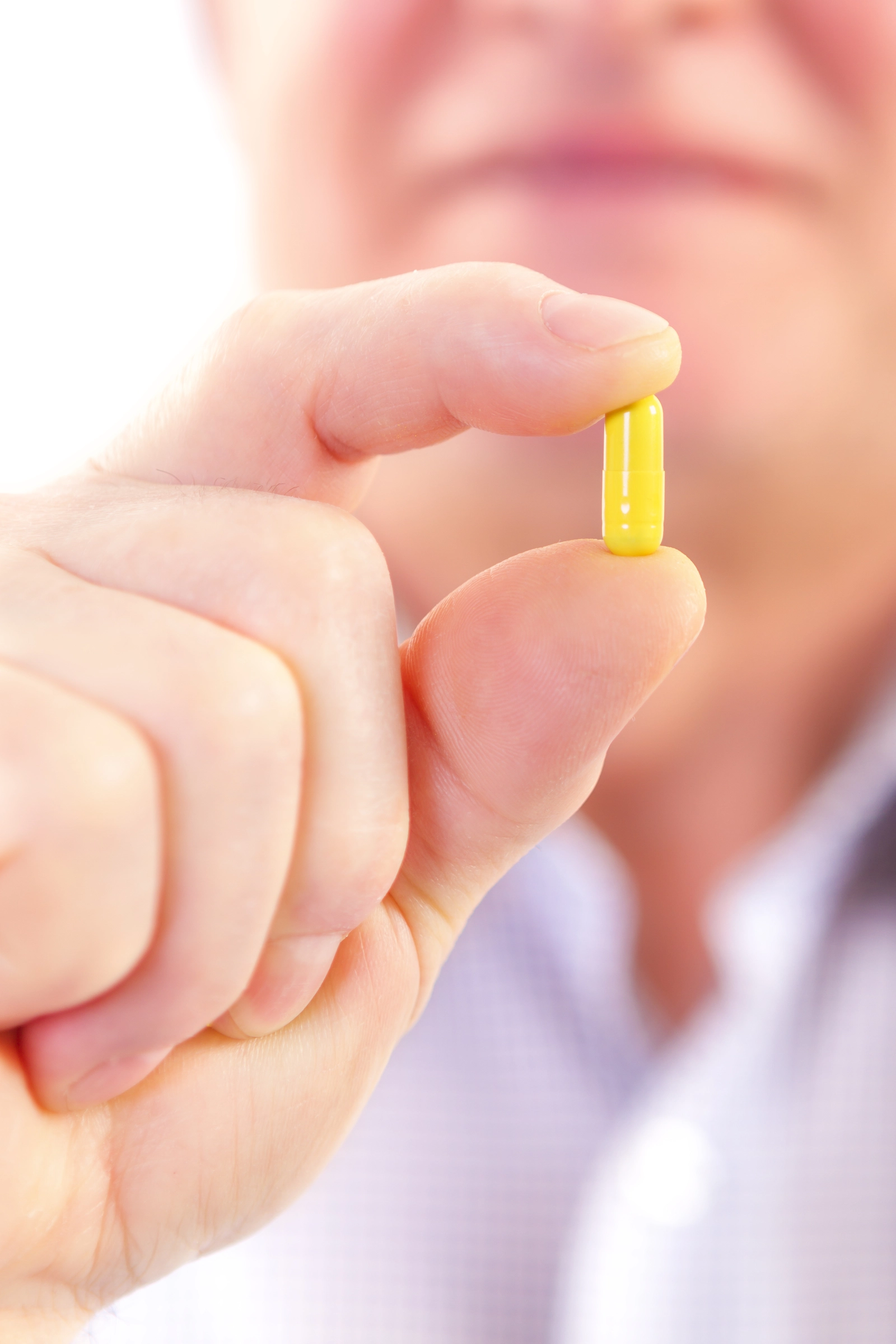Gabapentin Withdrawal: Symptoms and Risks

What you will learn
- Gabapentin is an anticonvulsant medication that’s used to treat certain types of nerve pain and seizures.
- Gabapentin is generally safe, but it has a potential for misuse or abuse.
- Withdrawal from gabapentin can have severe symptoms, including rebound seizures.
Gabapentin is an anticonvulsant medication that’s prescribed for certain types of nerve pain, seizures, restless leg syndrome, and alcohol withdrawal symptoms. Gabapentin is generally safe and has a low risk of addiction. However, misuse, abuse, and physical dependence can occur, leading to severe withdrawal symptoms.
Learn more about gabapentin withdrawal, its signs and symptoms, and the treatment options.
What Is Gabapentin?
Gabapentin is a prescription anticonvulsant medication that’s sold under the brands Neurontin, Horizant, and Gralise. It’s often prescribed to treat seizure disorders and certain types of nerve pain, such as neuropathic pain and postherpetic neuralgia. Gabapentin has some off-label uses, including as a medication for alcohol withdrawal.
While prescribed gabapentin isn’t a drug that’s often abused, there have been instances of gabapentin misuse.[1] Usually, gabapentin is combined with other drugs, particularly depressants like alcohol, opioids, and benzodiazepines, to enhance the effects.
Gabapentin Withdrawal Symptoms
Gabapentin isn’t classified as an addictive medication, but in some states, it is classified as a Schedule V controlled substance. However, regular use of gabapentin can cause physical dependence, which is when the body becomes accustomed to the presence of a drug and needs it to function properly. This isn’t an addiction, but it can cause withdrawal symptoms if you stop taking the drug.
If you misuse or abuse gabapentin by taking higher doses or more frequent doses than prescribed or taking it in ways not intended, it’s more likely that you’ll develop a dependence.[2] This means that you may experience withdrawal if you stop or dramatically reduce your gabapentin dose.
The symptoms of gabapentin withdrawal are similar to alcohol or benzodiazepine withdrawal because of the drug’s effect on gamma-aminobutyric acid (GABA), a neurotransmitter that calms the activity in the brain.
Gabapentin withdrawal symptoms may include:[3]
- Fatigue
- Agitation
- Insomnia
- Anxiety
- Irritability
- Dizziness
- Irritability
- Light sensitivity
- Restlessness
- Sweating
- Pain
- Irregular heart rhythms
One of the risks of gabapentin withdrawal is rebound symptoms. This happens when the condition you’re using gabapentin comes back in its absence, such as anxiety or persistent seizures.[4]
Gabapentin Withdrawal Timeline
Gabapentin withdrawal doesn’t have an established timeline, but the symptoms can start about 12 hours to 7 days after the last dose and last about 5 to 10 days.[5]
A drug half-life refers to the time it takes for the body to reduce a drug’s concentration by half. It takes about 5 half-lives for a drug to leave the body completely. Because gabapentin has a short half-life of about 5 to 7 hours, it can stay in the body for around 25 to 35 hours.[6]
Multiple factors can affect gabapentin withdrawal symptoms, such as the dosage, how long you’ve been on the drug, your age, your weight, and any existing health conditions. Abusing or misusing gabapentin, particularly with other drugs, can make withdrawal more severe.
Gabapentin Taper

Gabapentin has a potential for dependence with prolonged use. If you’ve taken gabapentin for a long time, you may need a taper. Tapering the dose down allows you to wean off of it and, adjust to lower doses, manage withdrawal symptoms effectively.
Gabapentin tapers are often done over a week, but your doctor may recommend a different taper schedule to reduce the risk of withdrawal symptoms.[7] You should never start a taper schedule on your own or stop taking gabapentin abruptly. Always follow your doctor’s recommendations for how to stop taking gabapentin and minimize withdrawal symptoms.
Treating Gabapentin Withdrawal
With prolonged gabapentin use, a tapered dose with doctor supervision may be enough to stop withdrawal symptoms until you’re off the drug. However, gabapentin withdrawal can be risky for some people, so gabapentin detox may be necessary to ensure you’re monitored throughout the withdrawal process.
If you’ve been on gabapentin for a long time, misuse it, or abuse it with other drugs, medical detox should be considered. This is especially important if you are taking gabapentin for seizure control, as rebound symptoms may occur. Detox ensures you have medical supervision and intervention to prevent complications with gabapentin withdrawal syndrome and minimize withdrawal symptoms.
With polydrug use, such as gabapentin and opioids, withdrawal can be complex and dangerous. In addition to the withdrawal symptoms from gabapentin, you may experience withdrawal symptoms from the other drugs you’ve abused. Some of these drugs have life-threatening withdrawal syndromes, such as alcohol.
Medical detox is a good first step, but it may not be enough to treat a pattern of gabapentin misuse or polydrug abuse. You should consider a comprehensive gabapentin addiction treatment program that offers psychological support and addresses the underlying factors of substance abuse. Both inpatient and outpatient treatment may include a combination of individual and group counseling, support groups, and behavioral therapies to achieve long-term sobriety.
Be Cautious with Gabapentin Withdrawal
If you’ve been on gabapentin for a long period or misuse it, you could experience intense and dangerous withdrawal symptoms if you try to stop suddenly. Always speak to your doctor about how to safely stop gabapentin, and if you’re engaging in polydrug use, consider addiction treatment programs to navigate gabapentin withdrawal and treat substance use disorder.
Ready to get help for you or a loved one? Contact us
To ensure accuracy and quality, every contributor to the Alpas Wellness resource library undergoes a thorough evaluation of their experience, credentials, and achievements prior to publication.
Frequently Asked Questions About Gabapentin Withdrawal
Is Gabapentin Addictive?
Gabapentin is not considered addictive in the same way as opioids or stimulants, but it carries a risk of physical dependence, especially with misuse. Gabapentin may be misused to get more powerful relaxation effects or euphoria, particularly with other drugs like opioids or alcohol.[8]
Is Gabapentin a Controlled Substance?
Gabapentin is not a controlled substance. It’s a legitimate medication approved by the FDA to treat nerve pain and seizures. There is evidence of gabapentin having abuse and misuse potential, so some states classify it as a Schedule V controlled substance.[9]
Is Gabapentin a Narcotic?
Narcotics refer to opioids. Gabapentin is neither a narcotic nor an opioid. It’s an anticonvulsant that’s used to treat conditions that arise from nerve activity, such as seizures. It can be used as an alternative to opioids to treat some types of pain, but it’s not a narcotic painkiller.
Is It Safe to Take Gabapentin Every Day?
Gabapentin is generally safe when used as prescribed. However, dependence can occur, so using the lowest effective dose for the shortest period is best. Using gabapentin for extended periods can cause physical dependence and dangerous withdrawal symptoms.
Does Gabapentin Treat Withdrawal?
Gabapentin is used off-label to treat alcohol withdrawal and address some of the symptoms. While it’s helpful in detox, gabapentin is only used as part of a comprehensive addiction treatment program, not on its own.
[1] Smith, B. H., Higgins, C., Baldacchino, A., Kidd, B., & Bannister, J. (2012, August). Substance misuse of gabapentin. The British journal of general practice : the journal of the Royal College of General Practitioners. Retrieved from https://www.ncbi.nlm.nih.gov/pmc/articles/PMC3404313/ on 2024, September 19.
[2] N;, B. U. (n.d.). How addictive are gabapentin and pregabalin? A systematic review. European neuropsychopharmacology : the journal of the European College of Neuropsychopharmacology. https://pubmed.ncbi.nlm.nih.gov/28988943/
[3,4,5,6,7] How long does gabapentin withdrawal last?. Drugs.com. (n.d.-d). Retrieved from https://www.drugs.com/medical-answers/long-gabapentin-withdrawal-3554130/ on 2024, September 19.
[8] Is gabapentin addictive?. Drugs.com. (n.d.-f). Retrieved from https://www.drugs.com/medical-answers/gabapentin-addictive-3573085/ on 2024, September 19.
[9] GoodRx. (n.d.-a). Is gabapentin a controlled substance? in some states, yes. GoodRx. Retrieved from https://www.goodrx.com/gabapentin/is-gabapentin-a-controlled-substance on 2024, September 19.